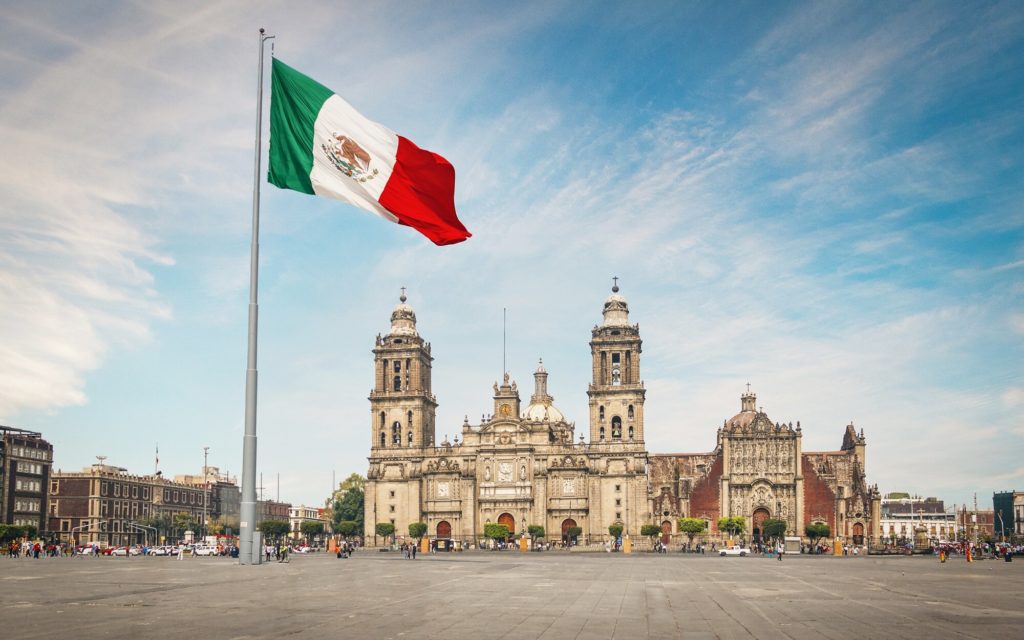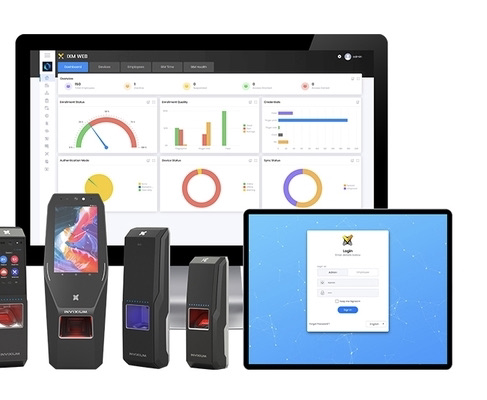Identity Review | Global Tech Think Tank
Keep up with the digital identity landscape.
In August, Santander Mexico rolled out fingerprint scanning technology developed by Integrated Biometrics, registering millions of customers. Siasa, in partnership with Invixium, brought biometric access control products to the Mexican market to aid COVID-related access issues that same month. Now, the Mexican government has approved their newest law, the General Law on Population, Human Mobility and Interculturality, the precursor for a national digital identification system.

Mexico City’s Metropolitan Cathedral and National Palace
With 426 votes in favor, one against, and three abstentions, the law passed in the Mexican government with flying colors. It enables two new technological products for the Mexican government: a database, created by the Ministry of the Interior, to hold the personal data (biometrics included) of Mexican citizens, and a free digital identification document issued by the Mexican Secretariat for Home Affairs (SEGOB), the Cédula Única de Identidad Digital.
The Cédula is set to be distributed to all citizens residing within the country as well as those that live abroad. Accessible in both physical and digital formats, the document will contain its holder’s name, nationality and biometric data.
The Cédula will also feature two new features, both allowing the identification to display more intimate personal information than previously shown. Firstly, each holder will boast a unique Population Registration Key (CURP) number; secondly, the ID will contain self-inscription as a member of an indigenous or Afro-Mexican community. These new features, alongside the ID’s basics, will enable the government to better address demographic shifts, mortality rates and international migration. The document, however, currently cannot replace voter registration cards nor passports.

Display of Invixium and Siasa’s joint platform
Facing Mexico as its largest threats to stable democracy and efficient governance are violence, on the part of non-state and state actors, corruption of public officials by organized criminals, and high rates of impunity. For its populace, while less than 2% lives below the World Bank’s international poverty line, Mexico’s government estimates that 33% of its population lives in moderate poverty, while 9% lives in abject poverty. The pandemic has not helped either party, taking a toll on the country’s economy and infecting more than 1.2 million people.
Morena party Representative César Agustín Fernández Pérez contends that, with this influx of new socioeconomic information presented by the Cédula, lawmakers will be better equipped to form policies that serve Mexico’s populace. While it’s no guarantee, the Cédula can ensure, at the very least, one thing: limiting the spread of COVID-19 by converting to a digital format for identification as opposed to a physical one.
ABOUT THE WRITER
Olivia Baker is a Tech Innovation Fellow at Identity Review from Columbia University, where she writes on tech policy and national digital identity technologies.
Contact Olivia Baker at olivia@identityreview.com.
Do you have information to share with Identity Review? Email us at press@identityreview.com.